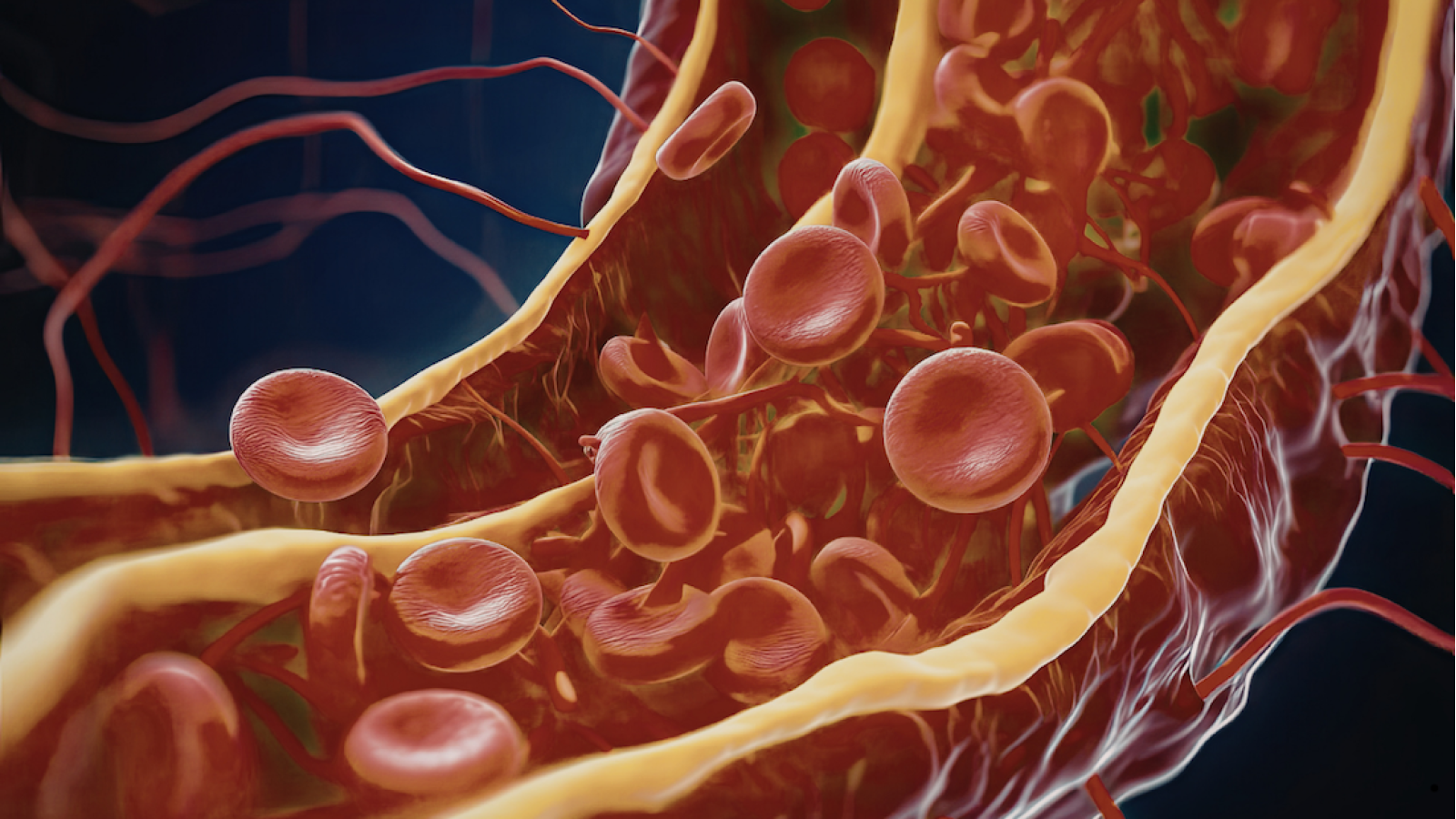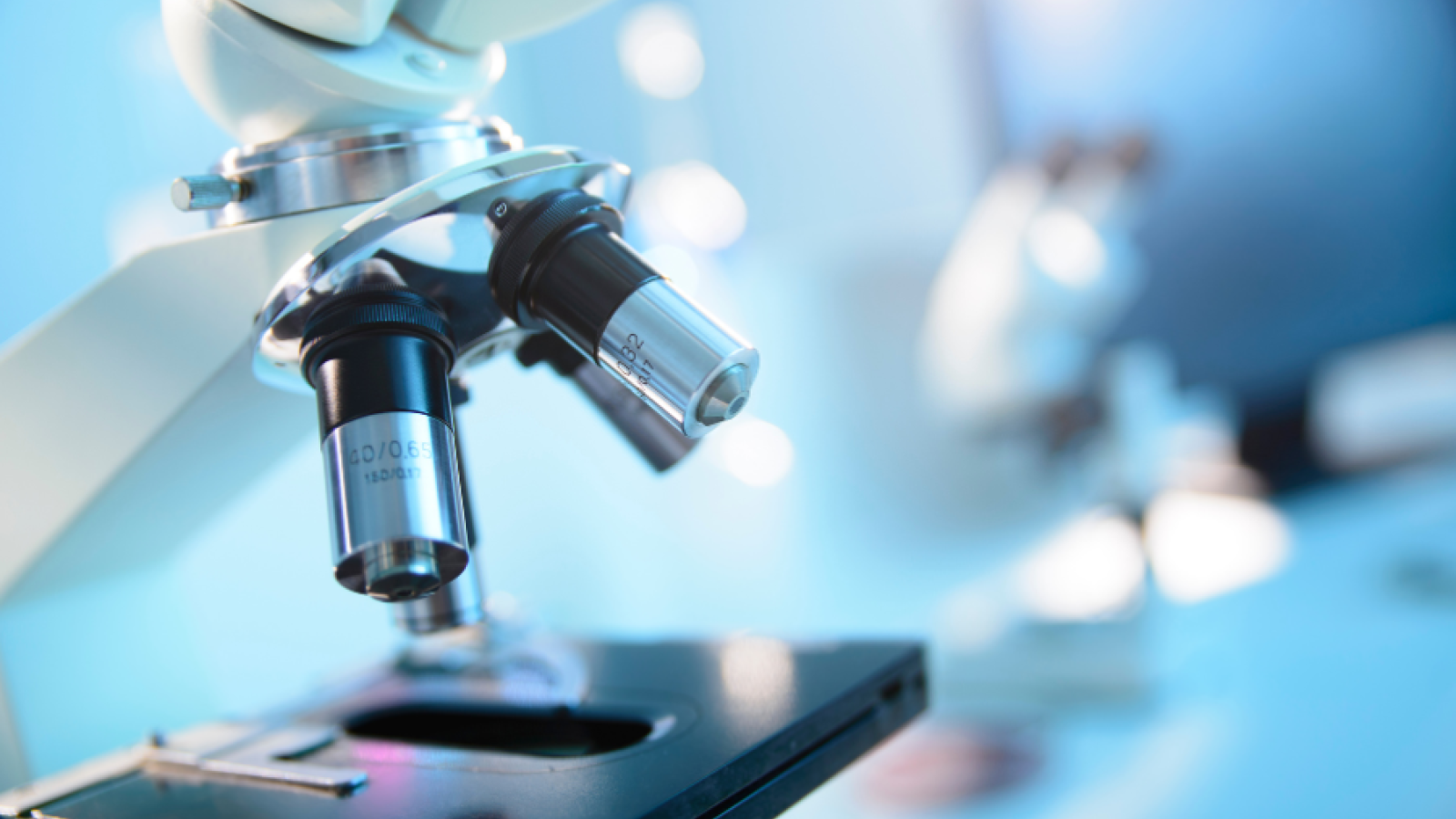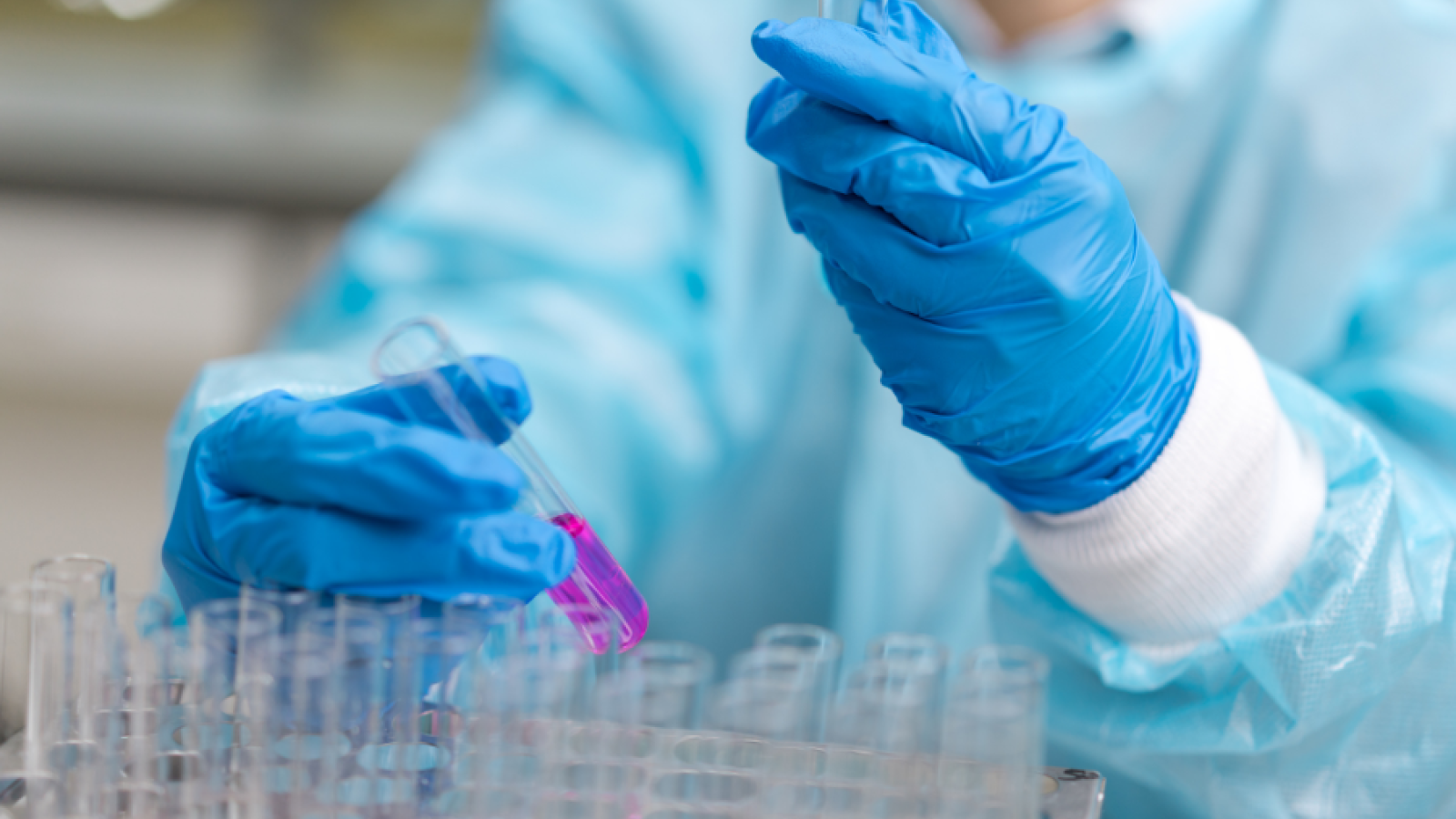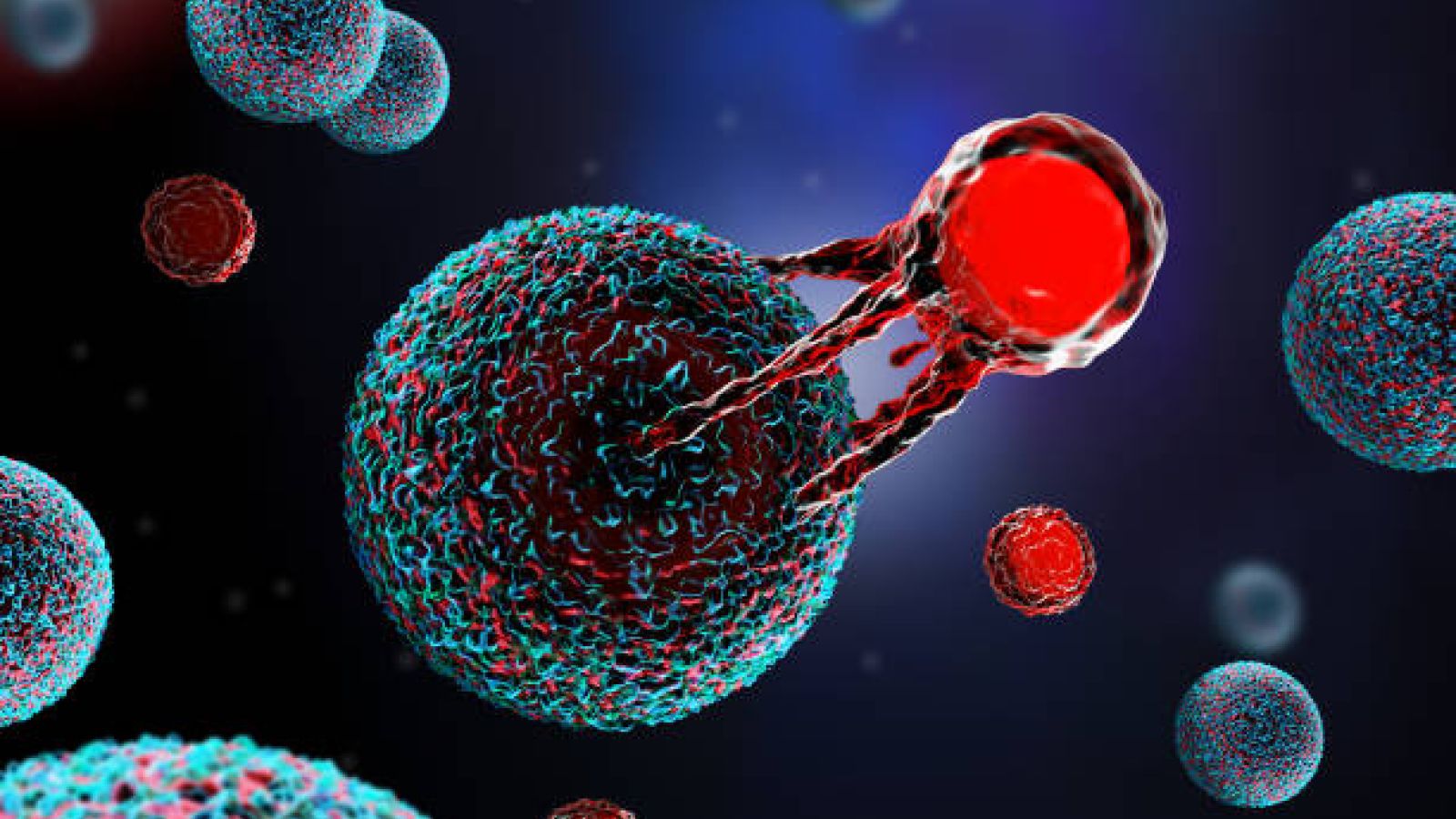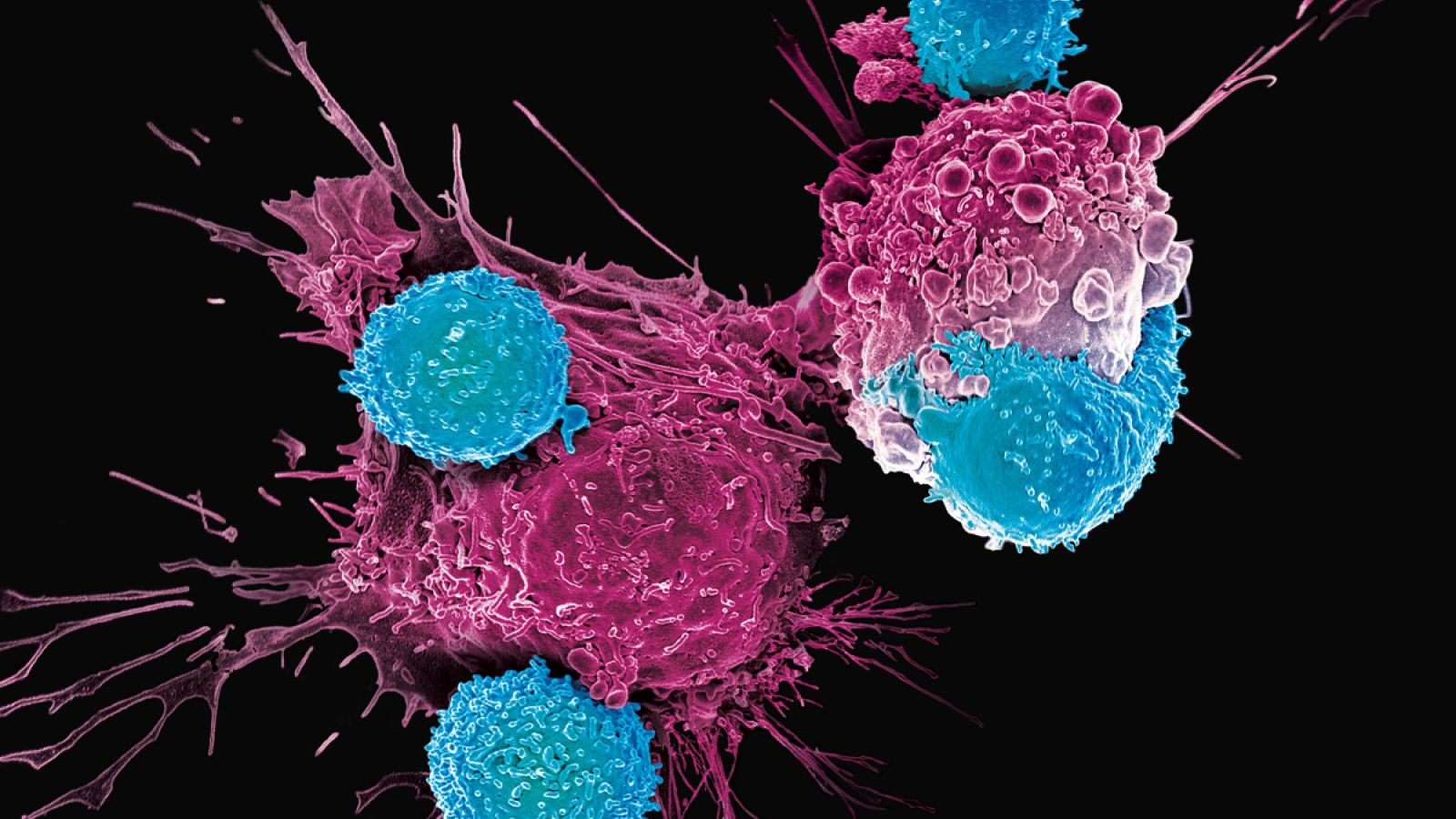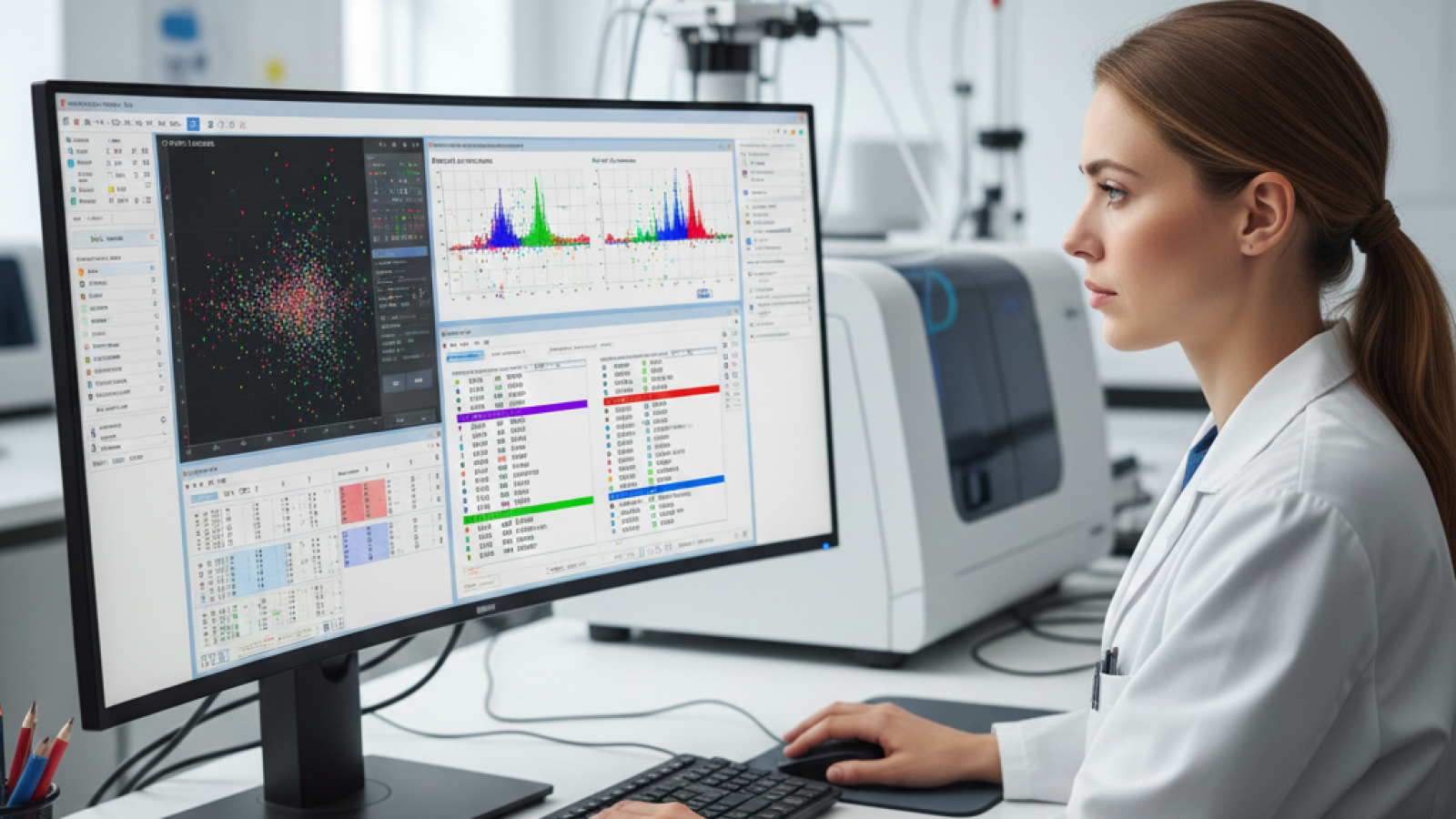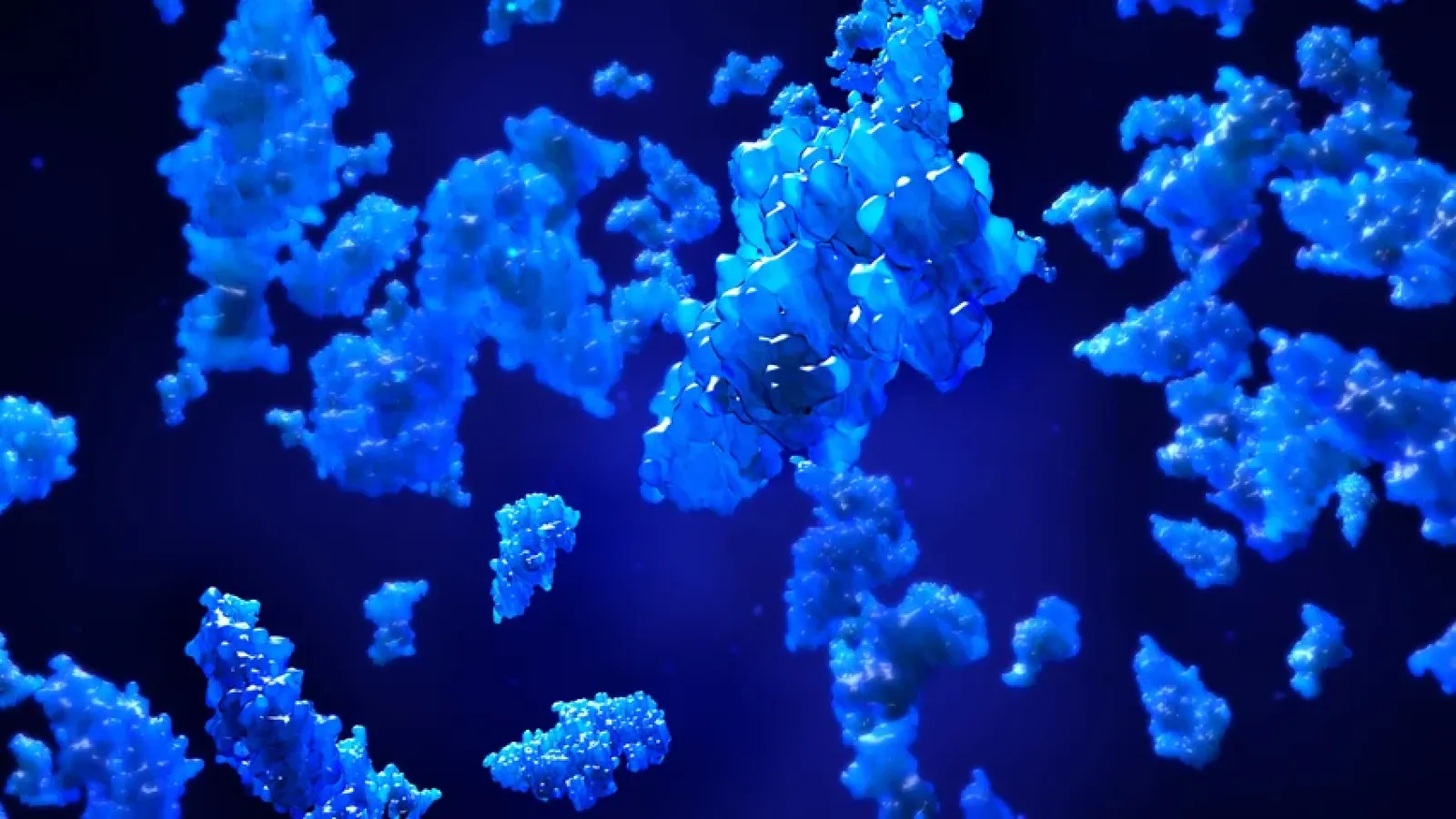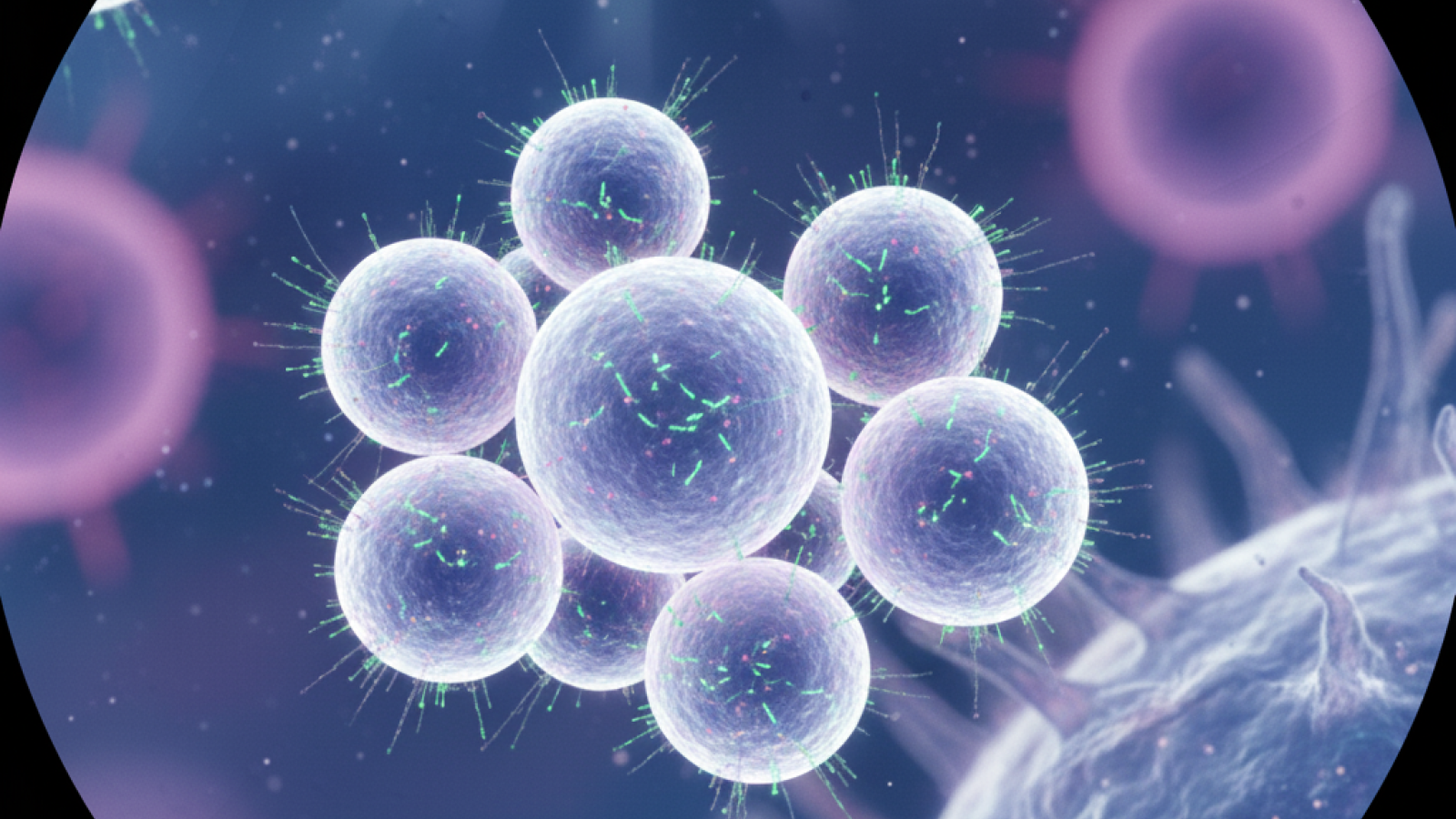Natural killer (NK) cells have emerged as one of the most promising components of cellular immunotherapy, thanks to their unique ability to identify and eliminate tumour cells independently of classical...
Spreading error as an experimental variable: How to quantify it and use it to optimize cytometry panels
In high-dimensional flow cytometry, the concept of spreading error is often mentioned in passing. Most discussions focus on spillover, the classical overlap of fluorochrome emission spectra, but spreading...
Phenotypic stability in multiparametric cytometry: The hidden challenge of longitudinal studies
The promise of high-dimensional cytometry
High-dimensional multiparametric flow cytometry has become a cornerstone in translational immunology, biomarker discovery, and clinical trials. It allows researchers...
Real limitations of UMAP and t-SNE in flow cytometry: When dimensionality reduction distorts biology
Introduction: The promise and the risk of dimensionality reduction
High-dimensional flow cytometry has dramatically transformed our ability to explore the complexity of the immune system, allowing researchers...
Flow cytometric detection of CAR-T cells: why two laboratories measure “the same thing” and obtain different results
Flow cytometry-based detection of CAR-T cells is now a cornerstone in immunotherapy research, translational studies, and clinical monitoring. It is routinely used to assess CAR-T expansion, persistence,...
Imaging Flow Cytometry (IFC) for Morphofunctional Analysis: Immunological Synapses and Cytotoxic Degranulation in CAR-T Cells
Imaging Flow Cytometry (IFC) combines the best of two worlds: the morphological resolution of microscopy with the statistical robustness of traditional flow cytometry. This advanced technique enables...
Advanced Panel Design Strategies in Multicolor Flow Cytometry: A Guide for Researchers
Multicolor flow cytometry has become an essential tool in immunology, oncology, and advanced cell therapies. However, designing complex panels that allow simultaneous analysis of multiple markers without...
Advanced Multiplexing for Cytokine Quantification in Microvolumes: Technical Challenges and Validation in CRS Assays
Cytokine quantification is a cornerstone of immunology, oncology, and advanced cell therapies. In complex clinical scenarios such as cytokine release syndrome (CRS) associated with CAR-T therapies or...
Multiparametric Cytometry Assays for Studying Metabolic Pathways in Immune Cells: Implications for Cold Tumor Resistance
Cellular metabolism has emerged as a key factor in immune response and tumor progression. The ability of immune cells to adapt to hostile environments depends on the activation of critical metabolic...
Standardization and Validation of Assays for Exosome Quantification: Advanced Methods and Reproducibility Challenges
The study of exosome quantification has grown exponentially in recent years. These extracellular vesicles have proven to be valuable tools as disease biomarkers and potential vehicles in cell and gene...
